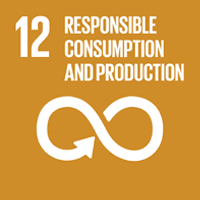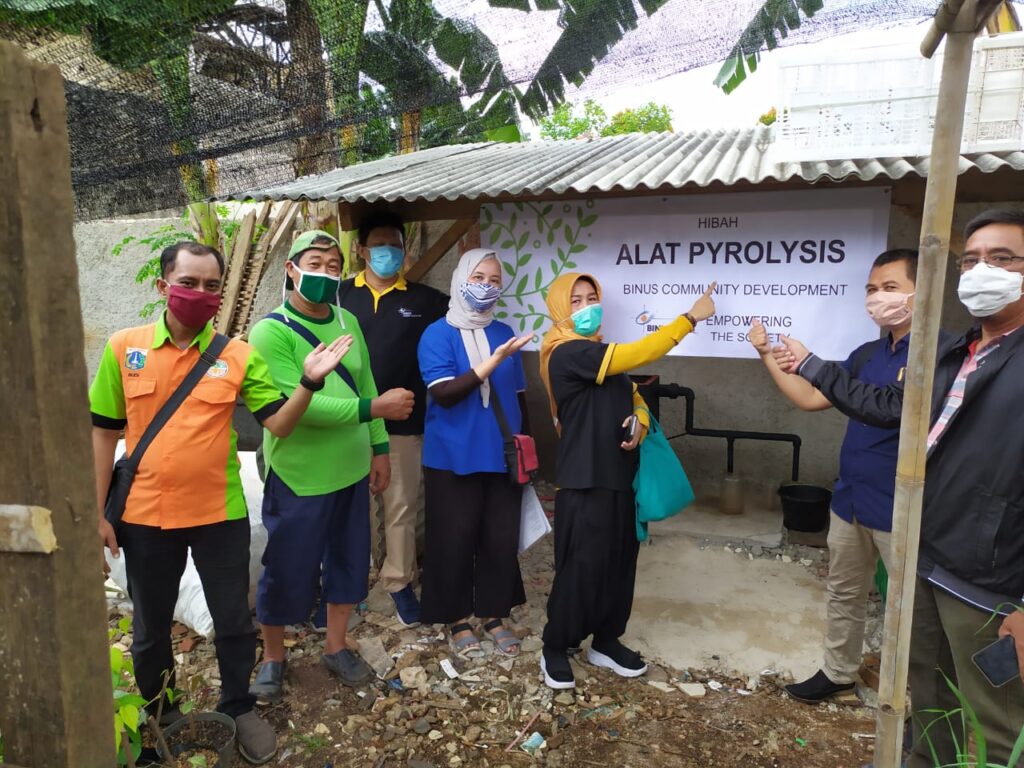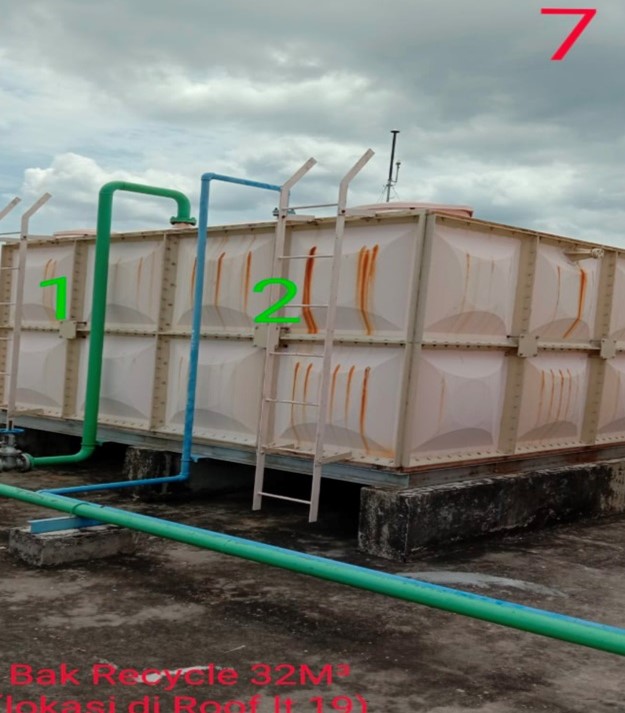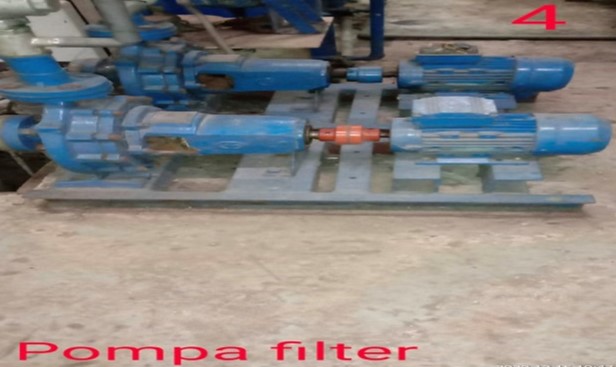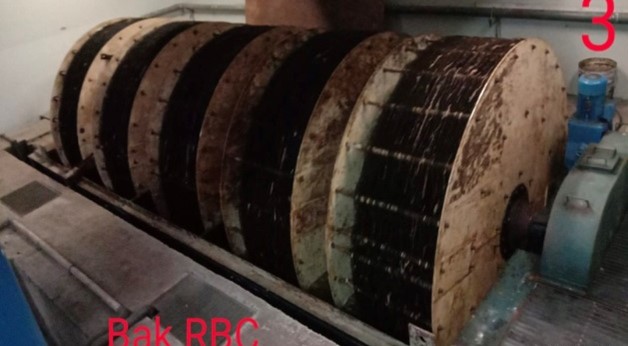BINUS University has taken significant steps to extend its sustainability policies to outsourced suppliers and the broader supply chain, emphasizing environmental responsibility across all partnerships. The university has implemented the principles of reduce, reuse, and recycle not only within its campus operations but also with external organizations and companies that collaborate with BINUS. For instance, BINUS encourages everyone on campus—including staff, students, guests, and lecturers—to adopt eco-friendly practices like using reusable water bottles and bags. To support proper waste management, the campus has also implemented a system where trash bins are clearly separated into organic and inorganic categories, streamlining waste processing for cleaning staff.
In its commitment to environmental sustainability, BINUS has integrated eco-conscious criteria into its procurement process. One of the primary requirements for potential suppliers is their active support for sustainable practices. This is explicitly outlined in the vendor guidelines (Page 5, Point 2.1.1, No. 11), where suppliers are expected to align with BINUS University’s green initiatives. Suppliers of equipment, stationery, and building contractors must demonstrate their commitment to sustainability, ensuring that their operations and products contribute to BINUS’s overall environmental goals.
This extended policy is a reflection of BINUS University’s dedication to the Sustainable Development Goals (SDGs), particularly in promoting responsible consumption and production. By involving external partners in its sustainability efforts, BINUS is fostering a broader impact, ensuring that its influence on reducing environmental footprints goes beyond the campus and reaches into the entire supply chain.




